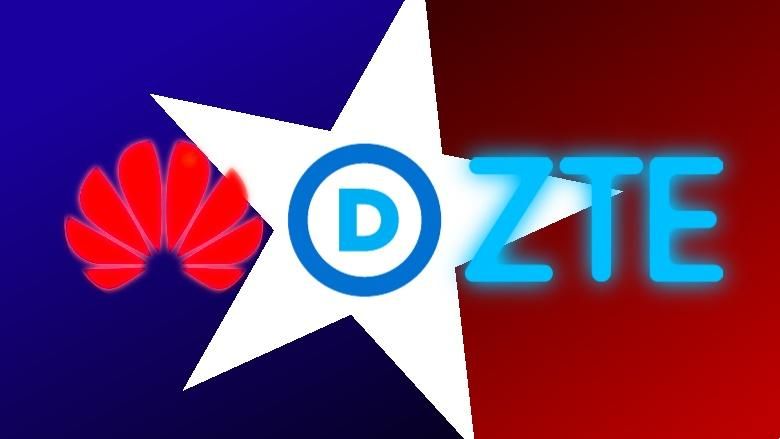The Democratic National Committee, which coordinates policy and funding for elections in the United States, has just warned members working on campaigns for the midterms in November against using phones from Huawei or ZTE.
A senior source has tipped CNN off to a note issued by the DNC’s chief security officer, Bob Lord.
“It’s very important that party and campaign workers not use ZTE or Huawei devices, even if the price is low or free,” Lord wrote. “Please make sure that you are not using or purchasing ZTE or Huawei devices anywhere within your staff – for personal or work-related use.”
The DNC declined to comment on the note while Huawei and ZTE are being asked to provide responses.
National security officials have repeatedly asserted to the public and lawmakers that Chinese telecommunication firms pose a national cybersecurity threat to the United States, fearing that their links to the authoritative central government drives certain behaviors such as intellectual property theft, espionage and other foreign influences. Huawei and ZTE have both insisted their independence from Beijing and say they aren’t cybersecurity threats as much as their competitors are.
ZTE has only recently restarted major operations after complying with a new raft of punishments from the Commerce Department for violating US trade sanctions in 2012. Congress also mulled over a provision in the Defense Department’s budget that would have barred contractors from dealing with ZTE, though that language was dropped when the bill passed.
Meanwhile, the DNC is still recovering from a hacking scandal that happened in the 2016 election season. Hackers hired by the Russian government are accused of facilitating the leak of thousands of emails from the committee’s servers. WikiLeaks, which published the information, suggested that the emails showed a concentrated effort to support Hillary Clinton to become the party’s official nominee against candidate Bernie Sanders.
The DNC has good reason to act cautiously under the guiding of the nation’s security agencies, though there has been little to no evidence that Huawei and ZTE phones sold in the United States siphoned user data or were manipulated remotely under normal conditions.

